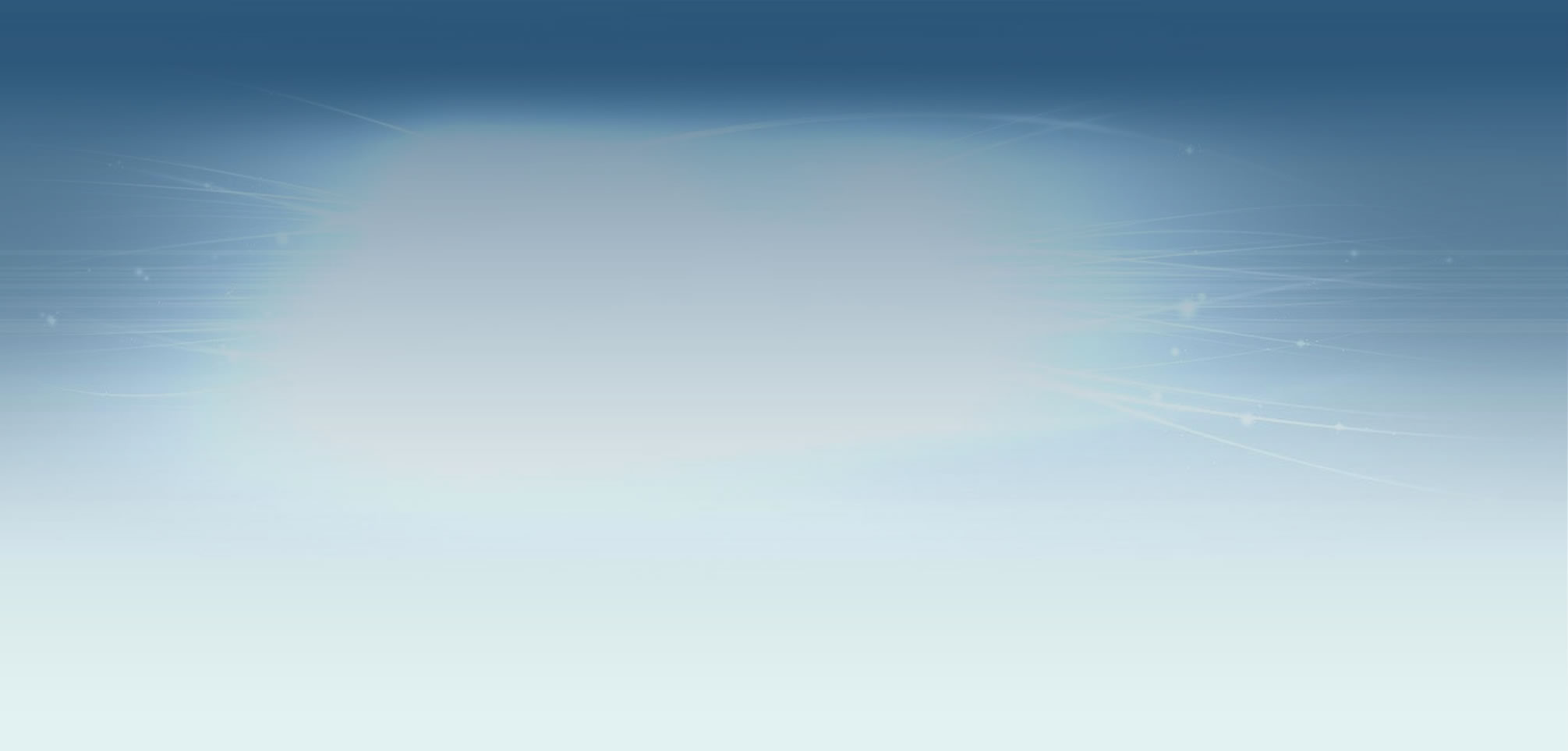 I wrote in the last Lambent Letter about the old Irish custom of setting a place at the dinner table for the ‘unexpected guest’. It is a metaphor for hospitality and also for letting the unexpected into our lives. Today I would like to develop that theme, because it reminded me of a poem by the Persian poet, Jalal ud-din Rumi, (usually known as Rumi). He was a thirteenth century writer and scholar, born in 1207 and died in 1273, if we can believe the records of the time.
I wrote in the last Lambent Letter about the old Irish custom of setting a place at the dinner table for the ‘unexpected guest’. It is a metaphor for hospitality and also for letting the unexpected into our lives. Today I would like to develop that theme, because it reminded me of a poem by the Persian poet, Jalal ud-din Rumi, (usually known as Rumi). He was a thirteenth century writer and scholar, born in 1207 and died in 1273, if we can believe the records of the time.
His poetry is widely read and he has been described as one of the best selling poets in the United States. A rather remarkable achievement given his life and heritage. He believed passionately in the power of music, poetry and dance as a spiritual path, and many of his poems celebrate this.
Here is the poem I was reminded of , it is called ‘The Guest House’ and goes as follows:
This being human is a guest house.
Every morning a new arrival.
A joy, a depression, a meanness,
some momentary awareness comes
as an unexpected visitor.
Welcome and entertain them all!
Even if they are a crowd of sorrows,
who violently sweep your house empty of its furniture,
still, treat each guest honourably.
He may be clearing you out
for some new delight.
The dark thought, the shame, the malice,
meet them at the door laughing
and invite them in.
Be grateful for whoever comes, because each has been sent
as a guide from beyond.
I love the metaphor of the human being as a guest house, we have many rooms in our minds, and many guests we can accommodate. We do not usually welcome them all, and welcome or not, many are unexpected – thoughts, feelings, ideas, emotions, they come and go, often it seems at random, especially in those strange moments just before sleep as the guest house closes for the night. Rumi makes no distinction between a joy and a depression or even a crowd of sorrows, they are all guests, and as such, to be welcomed.
To meet dark thoughts at the door laughing is a wonderful metaphor. There they are at the door, and often cannot be persuaded to go elsewhere. Usually we turn them away or if they sneak in when we are not looking, we attempt violently to eject them. The problem is that they keep knocking. They camp outside. They often do not give up and you have to keep going to the door. Another possibility is that having no luck with the front door, they find some back entrance, or an open window and climb in that way, then they are way more hard to deal with. Yet by meeting them laughing, you rob them of their power.
The lesson for us as coaches is as a pointer to the inner power of people to take charge of their thinking, not by trying to control it, or trying to keep it out. (There is the old NLP maxim, ‘what you resist, persists’) So when you ‘try to forget’ , the mental effort involved just makes the idea stronger. By accepting and welcoming whatever is there, you reclaim the power. It does not mean you ignore it or make it less important. Quite the opposite, by greeting it and paying attention, we can deal with it in the best way.
One of the definitions of Coaching is, ‘being aware of the present and designing the future’. There is a lot of focus on the future, clarifying and setting goals, and rightly so, There is far less emphasis on awareness of the present, yet the future will be impossible to design unless we know where we are starting the journey. You can’t plan a journey if you don’t know your starting point, the starting point is part of the journey. Coaches help with goals certainly, but also they help the client clarify the starting point. If you do not know where you are, you cannot easily get to where you want to go. Do not underestimate the power of simple awareness to help and heal. Coaches sometimes as accountability partners simply show clients what is, so they can use it as fuel to get where they want to go. And laughter is a great resource on the journey.
This post is also available in: InglésPortugués, Brasil

